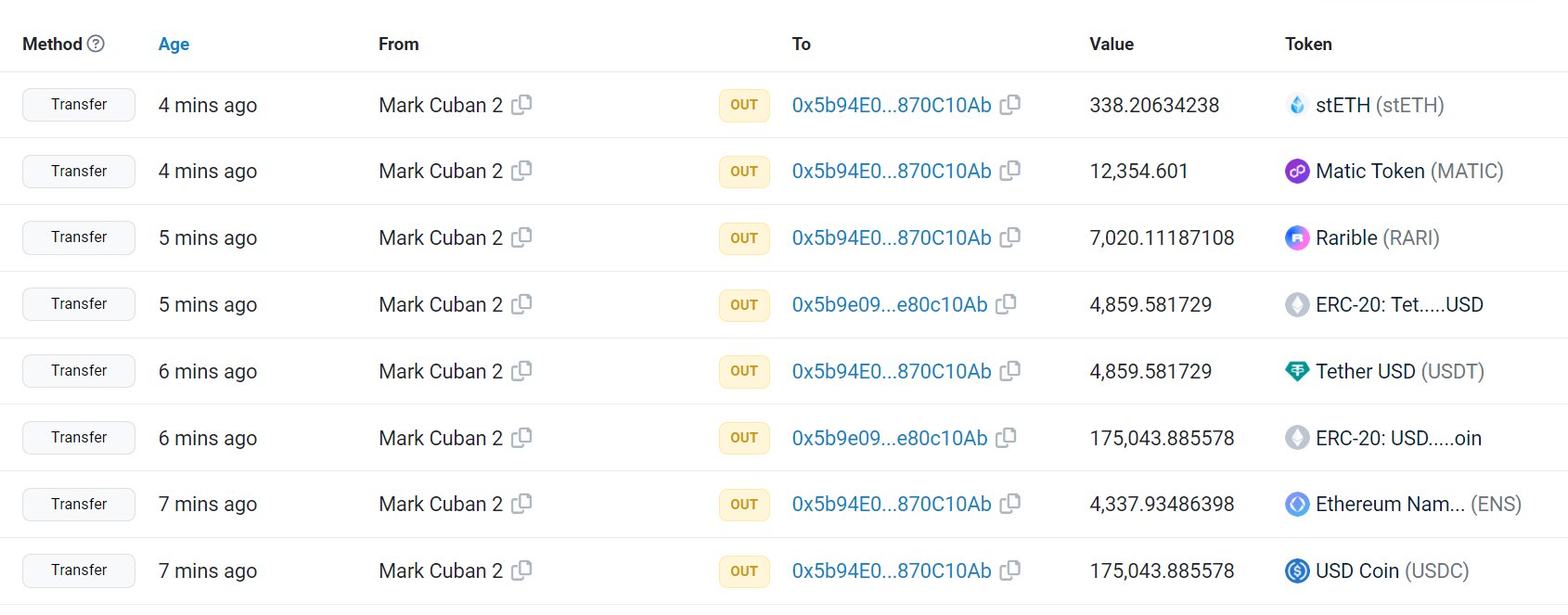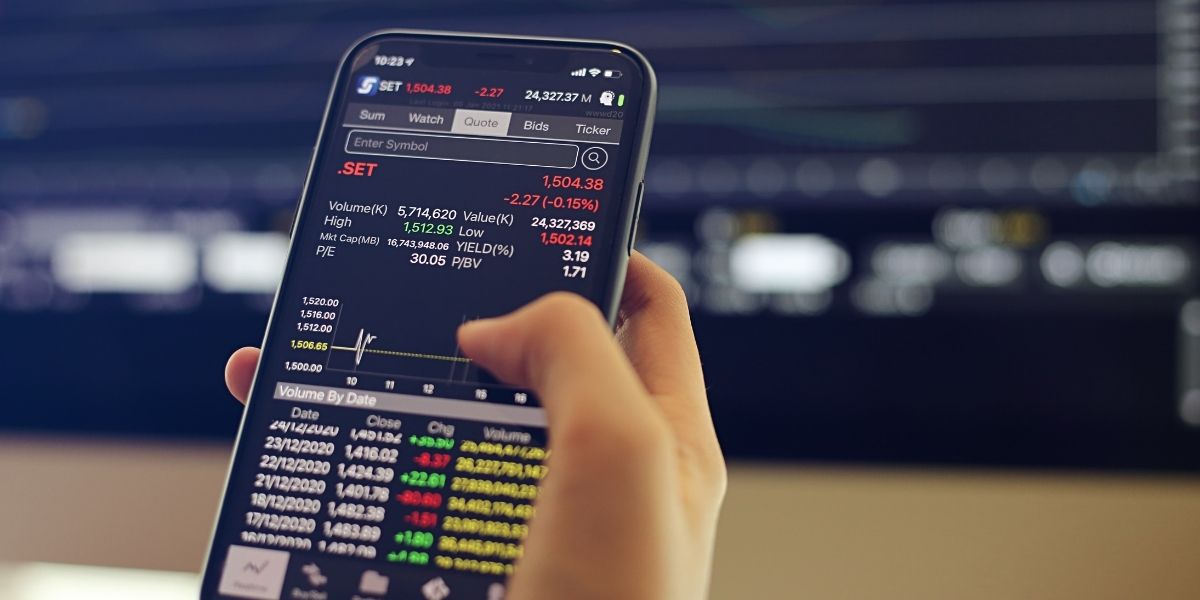Billionaire investor Mark Cuban has been revealed as the victim of a hot wallet attack. According to reports, approximately $870,000 was withdrawn from Cuban’s MetaMask wallet.
Multiple Altcoins, Including Stablecoins, Withdrawn from the Wallet
Independent anonymous blockchain researcher Wazz Crypto reported that the wallet attack occurred on September 15th at 11:00 PM UTC. Wazz Crypto noticed unusual activity in one of Cuban’s wallets, which had been inactive for about five months. According to transaction records on Etherscan, various assets, including USD Coin (USDC), Tether (USDT), Lido Staked Ether (stETH), Polygon (MATIC), and Ethereum Name Service (ENS), were swiftly withdrawn from the wallet within a short period of 10 minutes.

Interestingly, $2 million worth of USDC was later withdrawn and transferred to an alternative wallet. This series of transactions raised suspicions that Cuban may have been managing asset transfers within his portfolio.
Mark Cuban Confirms the Attack
A few hours after Wazz Crypto’s notification, Cuban confirmed to DL News that he had accessed MetaMask for the first time in months. When contacted by DL News, Cuban initially claimed to be unaware of the recent wallet activity and then stated, “Someone stole 5 ETH from me.” He revealed that it was the first time he had accessed MetaMask in months and suspected someone had been tracking his movements. However, Cuban’s loss exceeded the value of 5 ETH, which was around $9,000 at the current prices. Approximately $870,000 was stolen across 10 different cryptocurrencies.
Cuban stated to DL News, “I am pretty sure I downloaded a version of MetaMask that had some nonsense in it.” The renowned billionaire investor explained that the hack occurred while he was trying to clear his account on his phone. “MetaMask crashed a couple of times. I just stopped. Then they sent me an email. So I locked my NFTs on OpenSea. I transferred all my Polygon from the account,” he added.
Numerous scammers create fake MetaMask extensions or applications to deceive users into handing over their private keys or seed phrases. These malicious individuals can easily empty users’ cryptocurrency wallets by gaining unauthorized access. Upon fully realizing the attack, Cuban said, “None of my other accounts were affected as I only used the compromised account.” He also mentioned that he moved the remaining assets to the US-based cryptocurrency exchange Coinbase, using the “dongle” option for identity verification.









